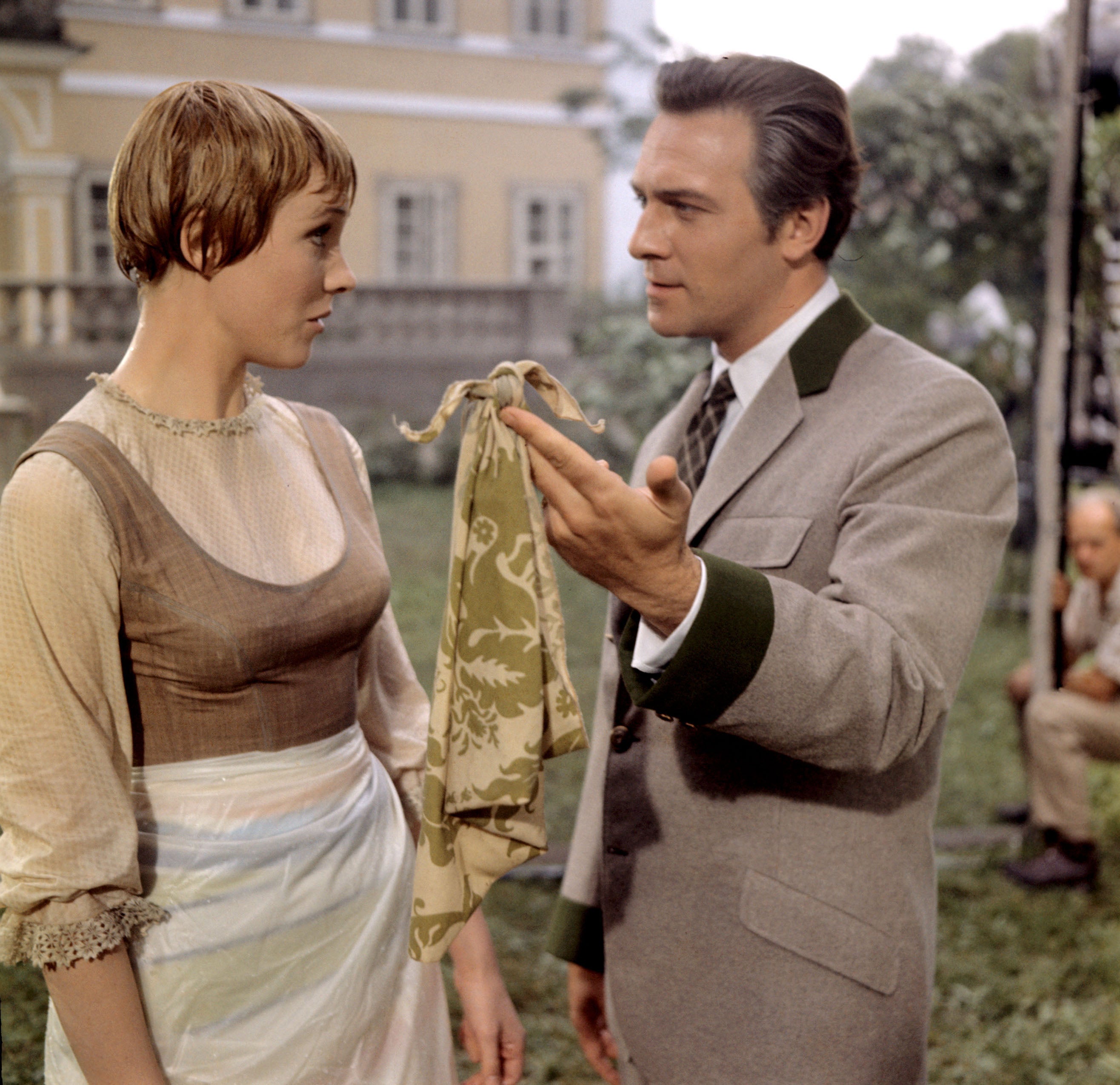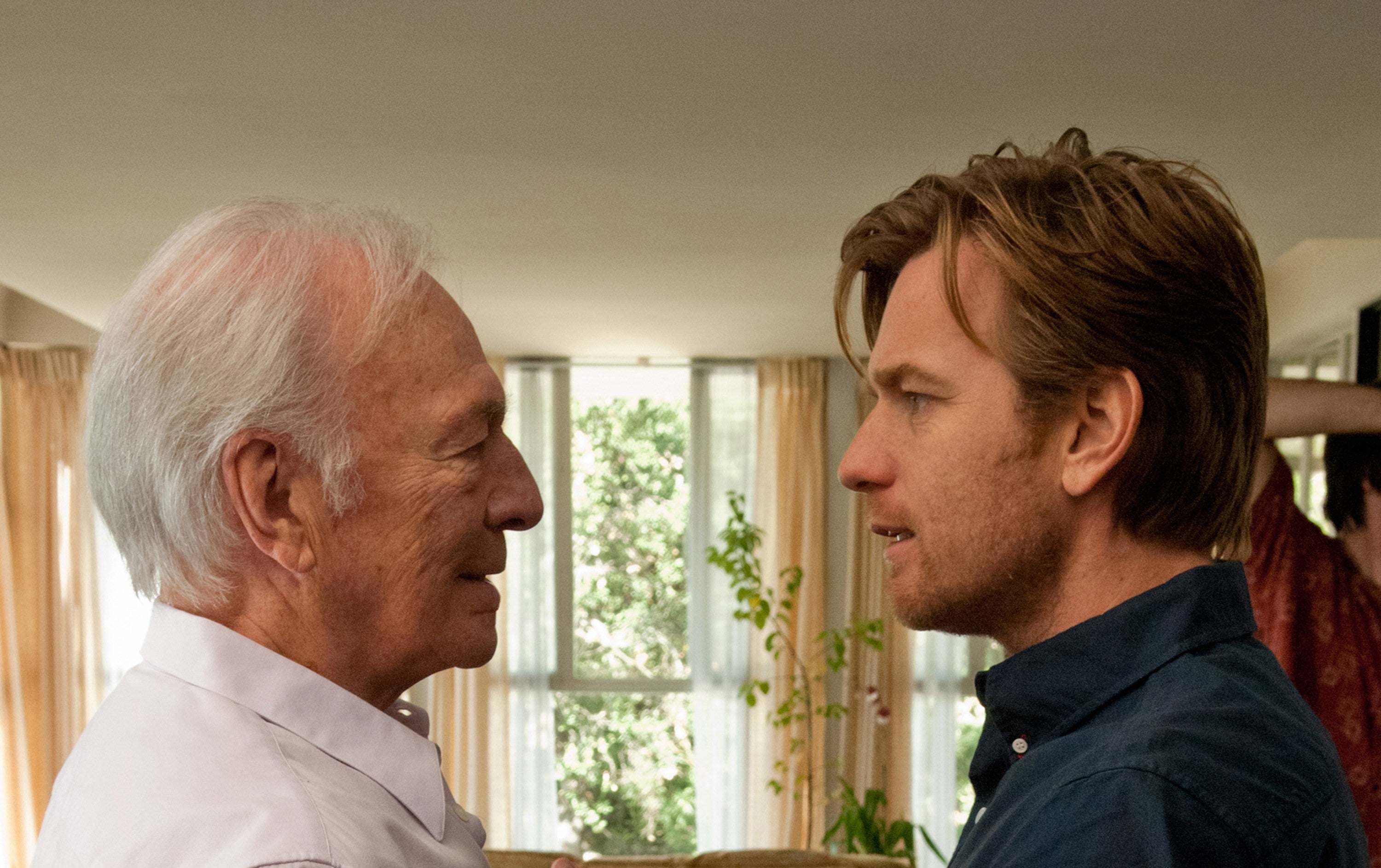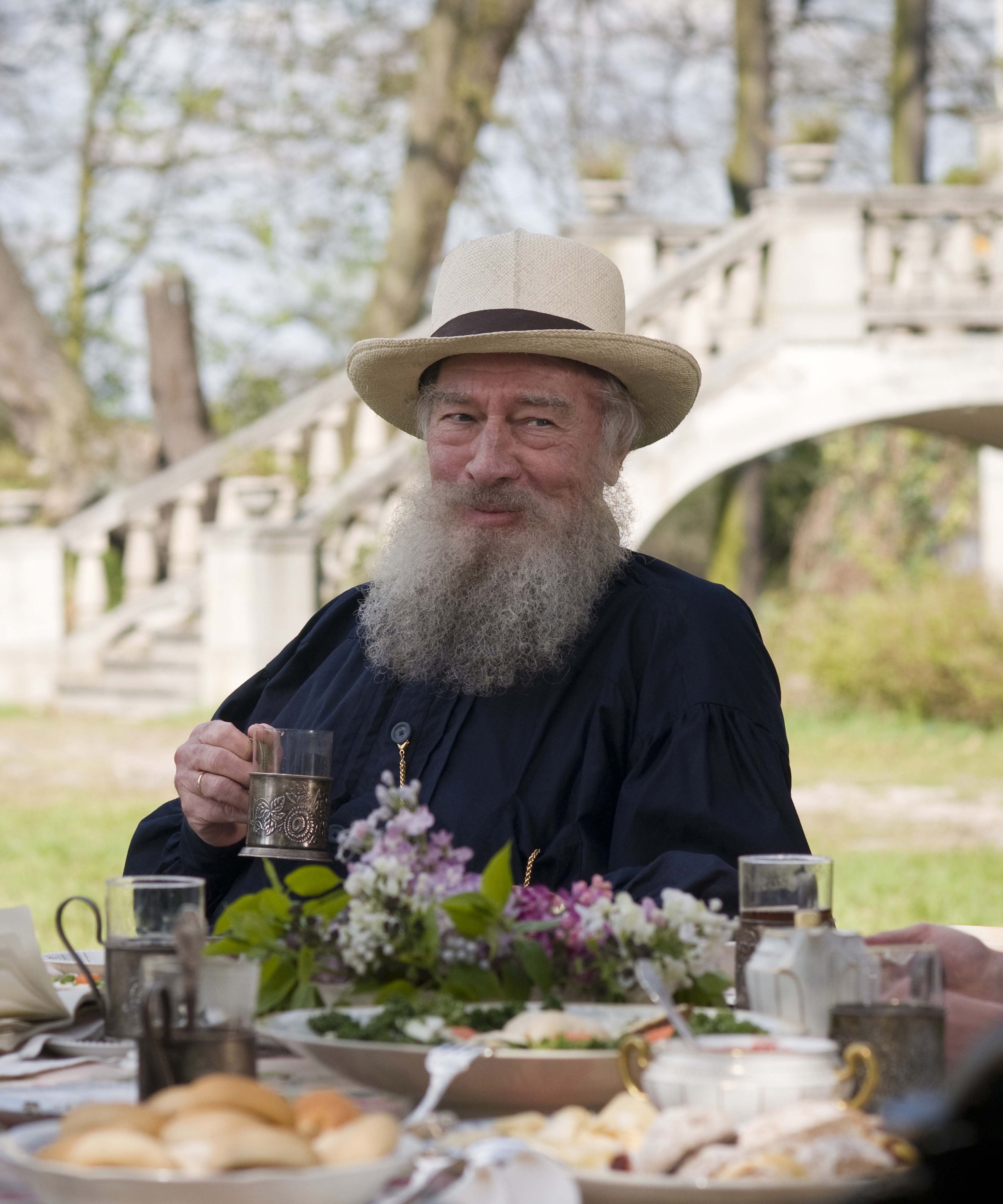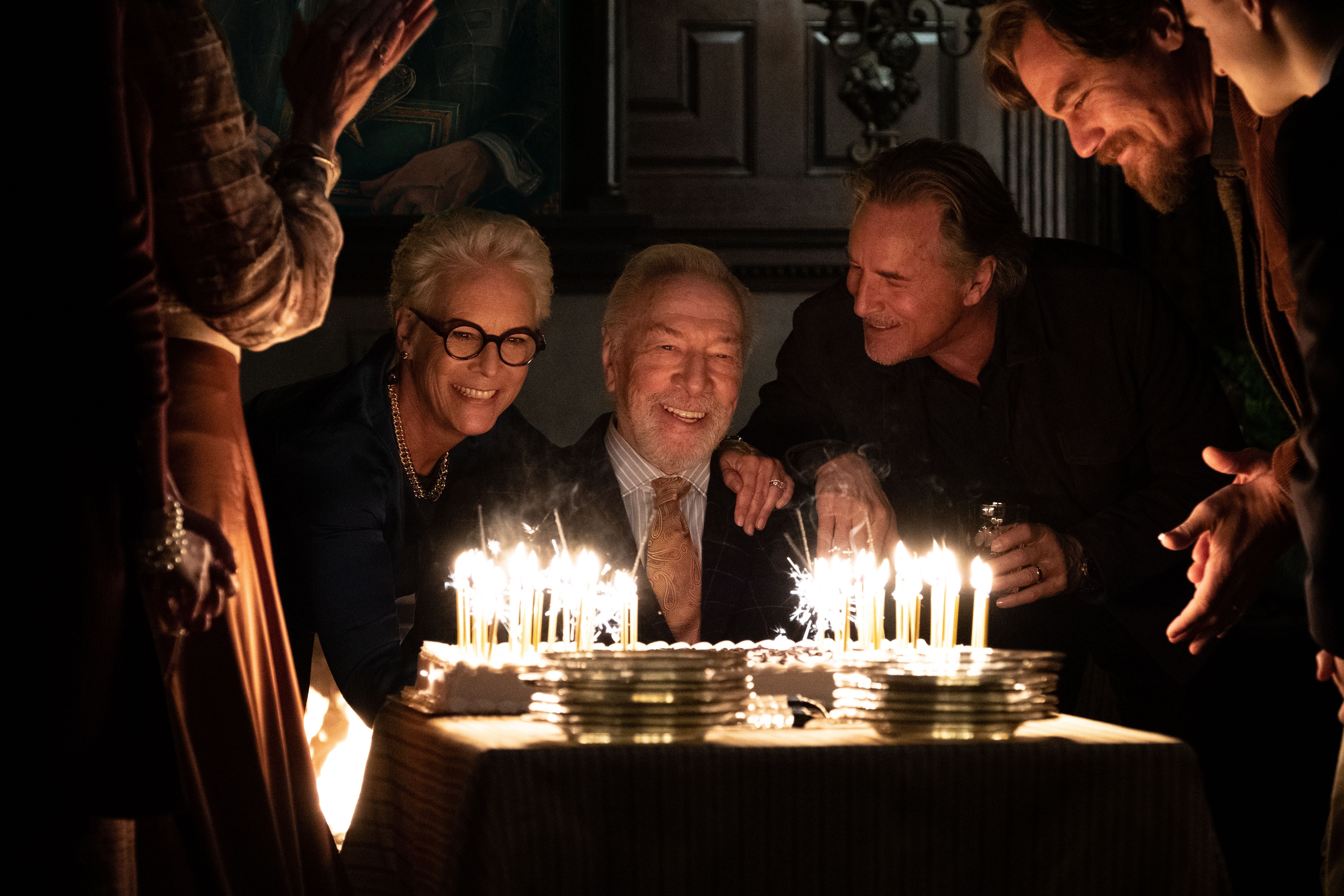Christopher Plummer: The Oscar-winning star whose talent transcended The Sound of Music
Few other actors have remained as heavily in demand in their eighties and early nineties as Plummer. Geoffrey Macnab looks back on the prodigious filmography of an actor who was never overshadowed by his biggest role

Your support helps us to tell the story
From reproductive rights to climate change to Big Tech, The Independent is on the ground when the story is developing. Whether it's investigating the financials of Elon Musk's pro-Trump PAC or producing our latest documentary, 'The A Word', which shines a light on the American women fighting for reproductive rights, we know how important it is to parse out the facts from the messaging.
At such a critical moment in US history, we need reporters on the ground. Your donation allows us to keep sending journalists to speak to both sides of the story.
The Independent is trusted by Americans across the entire political spectrum. And unlike many other quality news outlets, we choose not to lock Americans out of our reporting and analysis with paywalls. We believe quality journalism should be available to everyone, paid for by those who can afford it.
Your support makes all the difference.The biggest tribute that can be paid to Christopher Plummer is that, when his name is mentioned, the immediate response among film fans is no longer to think of The Sound of Music.
There was a period when fans associated Plummer (who died on Friday) so closely with his role as Captain Georg von Trapp, alongside Julie Andrews, in the 1965 musical that they didn’t realise he had played anything else. However, few actors have enjoyed Indian summers quite as long or as productive as that of the Canadian star. One of the quirks about Plummer’s film career is that so many of his best roles came towards its end.
Plummer was superb as the venerable and very callous old oil tycoon John Paul Getty in Ridley Scott’s All the Money in the World (2017), even though he inherited the role from the disgraced Kevin Spacey at the last minute. He played the part with such assurance that you guessed it was a role he had always coveted, not one he had taken to rescue a production that might have been scuppered without him.
In recent years, directors young and old have been drawn to work with him. Many were surprised to see an actor of his age and distinction in a film as offbeat as Mike Mills’s Beginners (2010). He played an old man who, after the death of his wife, is ready to come out as gay. Plummer brought humour and tenderness to a character who was as warm-hearted as John Paul Getty was cold. He fully deserved his Best Supporting Actor Oscar.

Plummer could show gravitas when it was needed. He was convincing enough as the great, long-bearded Russian author Leo Tolstoy, at the end of his life and treating those closest to him abominably, in Michael Hoffman’s The Last Station (2009). However, he was also superb as the hard-driving 60 Minutes journalist and TV personality Mike Wallace in Michael Mann’s whistleblower drama The Insider (1999). Wallace was a real-life character, very well-known to American TV audiences. Plummer’s brilliance lay in the way he channelled the real Wallace, borrowing his tics and speech patterns, and yet still gave a fresh and original performance.
When John Huston cast Plummer as Rudyard Kipling in The Man Who Would Be King (1974), the Canadian was hard to recognise behind Kipling’s whiskers and spectacles. Typically, though, he was completely convincing as the English novelist and reporter. Plummer was acting alongside his old chum Michael Caine, who had played Horatio to his Hamlet in a 1964 BBC version of Shakespeare’s play that was actually filmed in Elsinore.
At times, it appeared that Plummer could tackle almost any type of leading role. He was a creditable Sherlock Holmes in Murder by Decree (1979), in which he had James Mason as his Dr Watson, and he hunted down Gerard Butler’s vampire hero with gusto when he played Van Helsing in Dracula 2000 (2000). He would be giving audiences his Oedipus one moment and appearing opposite Peter Sellers in a Pink Panther movie the next.


Look through Plummer’s prodigious filmography and you realise there was no snobbishness about him. Perhaps surprisingly, he didn’t pop up in superhero movies, but he did play General Chang in Star Trek VI: The Undiscovered Country (1991). He may have been a highly distinguished Shakespearian actor, but that didn’t stop him taking roles in the cheesiest of TV movies. He was blessed with a mellifluous and instantly recognisable voice, one that he used to profitable effect in kids’ movies and TV commercials for Polaroid cameras. In some of his more unlikely roles, you had the clear sense that his tongue was firmly in his cheek.
Right until the end, he retained his adventure and mischief as well as his very dapper sense of style. Plummer was in prime form as the novelist and family patriarch enraging his family from beyond the grave in the ingenious whodunit Knives Out (2019).


The Canadian’s screen credits stretch to well over 200 titles. Inevitably, there were a fair few duds and missteps along the way. However, few other actors have remained as heavily in demand in their eighties and early nineties as Plummer. He is as big a star today as when he and Julie Andrews were enjoying something good in The Sound of Music all those years ago.
Join our commenting forum
Join thought-provoking conversations, follow other Independent readers and see their replies
Comments